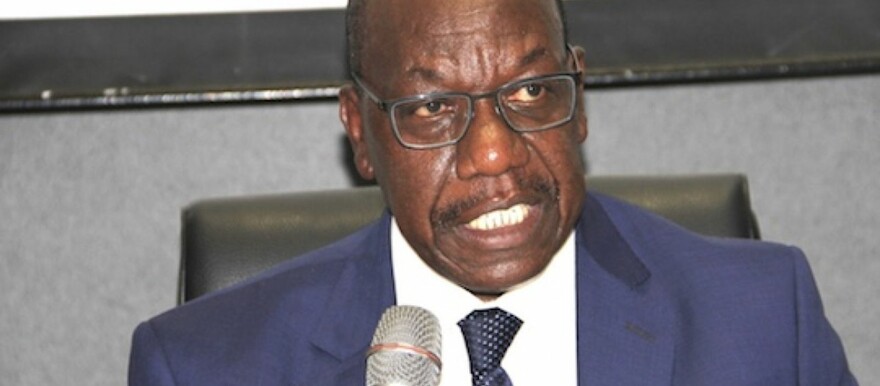The Revitalized Joint Monitoring and Evaluation Commission (RJMEC) has raised concern over the little progress related to making the permanent constitution and activating electoral processes, saying all have stalled.
RJMEC tabled its first quarterly report to the Transitional National Legislative Assembly (TNLA) on the progress made in the implementation of the peace agreement on Tuesday.
While reading the report to the members of the parliament, Maj Gen. Charles Tai Gituai, the RJMEC interim chairperson, stated that as South Sudan approaches the 2024 general elections, it is critical to note that the permanent constitution-making process remains stagnant.
“In terms of the permanent constitution-making process, a critical requirement for the conduct of elections and post-transition governance arrangements, very little progress has been made in the operationalization of the Constitution Making Process Act 2022,” he said.
According to Gitaui, since the assent of the bill into law by President Salva Kiir in December 2022, its operationalization has been very minuscule, leading to the failure of reconstituting the National Constitution Review Commission (NCRC), and the Constitutional Drafting Committee (CDC).
“This institution required to drive the process forward, such as the National Constitution Review Commission (NCRC), is still not reconstituted and the preparatory Sub-Committees for the National Constitution Conference (NCC) are not yet established,” he said.
The report further recommended that the parties to the agreement and relevant stakeholders submit lists of their nominees to the various constitution-making mechanisms.
Gen. Gituai noted that September marks exactly one year since the endorsement of the Roadmap, bringing the country to exactly five years since the revitalized peace agreement was signed, but little has been achieved.
“Despite this journey, several critical benchmarks remain unaccomplished, including the unification of forces, the making of the permanent constitution, enactment and operationalization of legal frameworks and electoral processes in preparation for elections scheduled for December 2024,” the RJMEC chairperson charged. “In this regard, it is critical to underscore the need for sufficient political will, the commitment of resources by Revitalized Transitional Government of National Unity (RTGoNU) and for the parties to the agreement to build trust and confidence”
“On RJMEC’s part as the oversight institution of the R-ARCSS, it shall continue to monitor, evaluate, and report on the status of the implementation of the R-ARCESS under its mandate as envisaged under Chapter 7,” the report concluded.
For her part, Rebecca Joshua Okwachi, the SPLM chief whip in the TNLA, commended the RJMEC chairperson for the presentation of the quarterly report and described it as timely.
“This report is very timely and it has also given us updates in terms of where we are in the implementation of the peace agreement and the Roadmap for that matter,” she said. “This report is also done in accordance with the peace agreement and also the transitional constitution.”
Okwachi, on behalf of the parliamentarians, moved a vote of thanks for the RJMEC chairperson and said it was prudent for the House to scrutinize the report.
Responding to the RJMEC report, TNLA’s First Deputy Speaker Nathaniel Oyet sent the report to the Committee for Peace and the Legislation and Justice Committee and tasked them to report to the House within two weeks.




